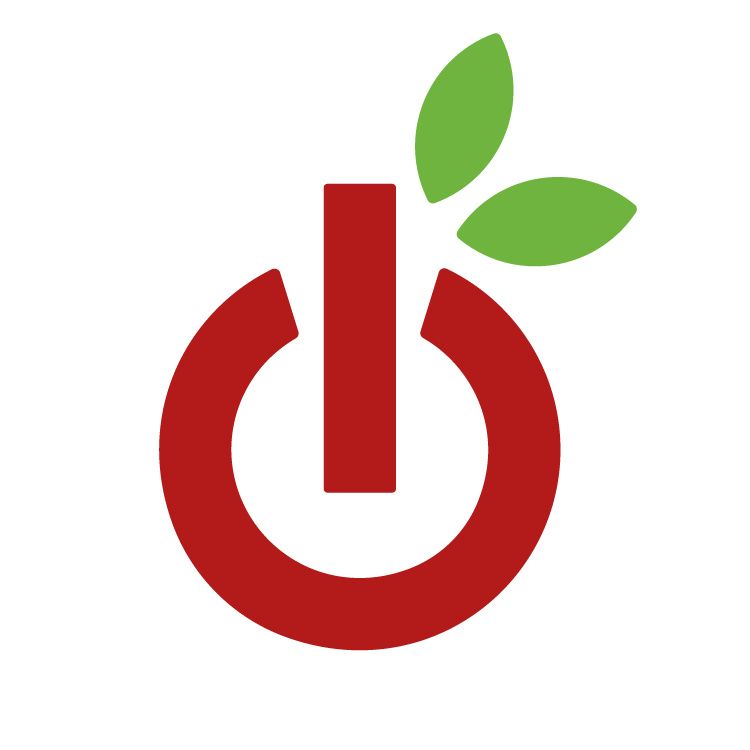
CIDA Seminar- AI-CLIMATE Institute at Cornell: advancing climate-smart agriculture through artificial intelligence
Abstract:
A new national institute comes to Cornell University to focus on advancing research and development of climate change mitigation and adaptation in agriculture and forestry through the use of artificial intelligence. Named AI-CLIMATE (AI Institute for Climate-Land Interactions, Mitigation, Adaptation, Trade-Offs, and Economy), this platform develops novel computational and data-driven approaches to guide decision making at farm to global levels and is funded initially for five years. The directors of the institute introduce the vision for AI-CLIMATE to reach out to the Cornell community on how to engage with this institute and jointly shape cross-disciplinary collaborations within the university as well as with extension and stakeholders.
To kick off the institute at Cornell, an article was published in the Cornell Chronicle “AI-CLIMATE institute aims to curb emissions, boost economy”. In addition to the University of Minnesota and Cornell University, also Colorado State University, Delaware State University, North Carolina State University, Purdue University, and ISRIC (The Netherlands) are initially part of the core team of the institute.
Speaker Bios:
Shashi Shekhar is a leading scholar of spatial computing and Geographic Information Systems (GIS). Contributions include scalable algorithms for spatial pattern (e.g., colocation, statistically-significant hotspots) mining, and spatial optimization (e.g., eco-routing, evacuation route planning, geo-design) along with an Encyclopedia of GIS, a Spatial Databases textbook, and a spatial computing book for professionals. Shashi is a McKnight Distinguished University Professor, a Distinguished University Teaching Professor, and an ADC Chair at the University of Minnesota (UMN). He is serving as an Associate Director of the Data Science Initiative in the UMN College of Science and Engineering. He is also serving as a co-Editor-in-Chief of the Geo-Informatica journal (Springer), a general co-chair of SIAM Data Mining Conference (2024). Earlier, he served as the President of the University Consortium for GIS (UCGIS), and a member of many National Academies’ committees and the Computing Research Association board. Recognitions include IEEE-CS Technical Achievement Award, UCGIS Education Award, IEEE Fellow and AAAS Fellow.
Carla Gomes is the Ronald C. and Antonia V. Nielsen Professor of Computing and Information Science, the director of the Institute for Computational Sustainability at Cornell University, and co-director of the Cornell University AI for Science Institute. Gomes received a Ph.D. in computer science in artificial intelligence from the University of Edinburgh. Her research area is Artificial Intelligence with a focus on large-scale constraint reasoning, optimization, and machine learning. Recently, Gomes has become deeply immersed in research on scientific discovery for a sustainable future and, more generally, in research in the new field of Computational Sustainability. Computational Sustainability aims to develop computational methods to help solve some of the key environmental, economic, and societal challenges to help put us on a path toward a sustainable future. Gomes was the lead PI of two NSF Expeditions in Computing awards. Gomes has (co-)authored over 200 publications, which have appeared in venues spanning Nature, Science, and a variety of conferences and journals in AI and Computer Science, including five best paper awards. Gomes was named the “most influential Cornell professor” by a Merrill Presidential Scholar (2020). Gomes was also the recipient of the Association for the Advancement of Artificial Intelligence (AAAI) Feigenbaum Prize (2021) for “high-impact contributions to the field of artificial intelligence, through innovations in constraint reasoning, optimization, the integration of reasoning and learning, and through founding the field of Computational Sustainability, with impactful applications in ecology, species conservation, environmental sustainability, and materials discovery for energy” and of the 2022 ACM/AAAI Allen Newell Award, for contributions bridging computer science and other disciplines. Gomes is a Fellow of the Association for the Advancement of Artificial Intelligence (AAAI), a Fellow of the Association for Computing Machinery (ACM), and a Fellow of the American Association for the Advancement of Science (AAAS).
Johannes Lehmann, Liberty Hyde Bailey professor of soil biogeochemistry and soil fertility management at Cornell University, received his graduate degrees in Soil Science at the University of Bayreuth, Germany. His research focuses on nano-scale investigations of soil organic matter, the biogeochemistry of pyrogenic carbon and sequestration in soil, sustainable soil management, climate change, and the circular economy. Dr. Lehmann is a member of the steering group of the International Soil Carbon Network, has testified in the US congress, and briefed the President’s council of advisors. Dr. Lehmann has authored more than 250 journal publications, has been named Highly-Cited Researcher by Thomson Reuter since 2014, is member of the German National Academy of Sciences (Leopoldina) and Fellow of the Soil Science Society of America, he was named Humboldt Fellow and Hans-Fischer Senior Fellow of the Institute of Advanced Studies at the Technical University of Munich.